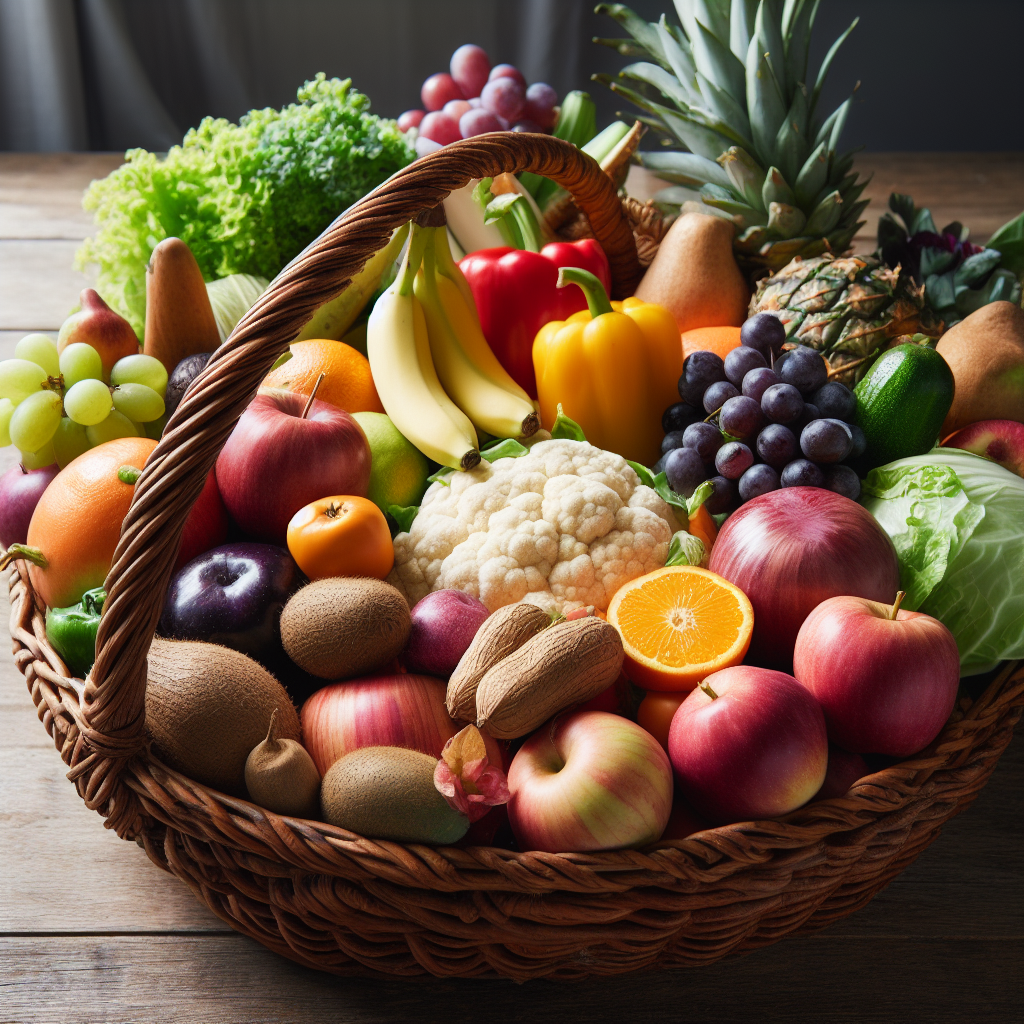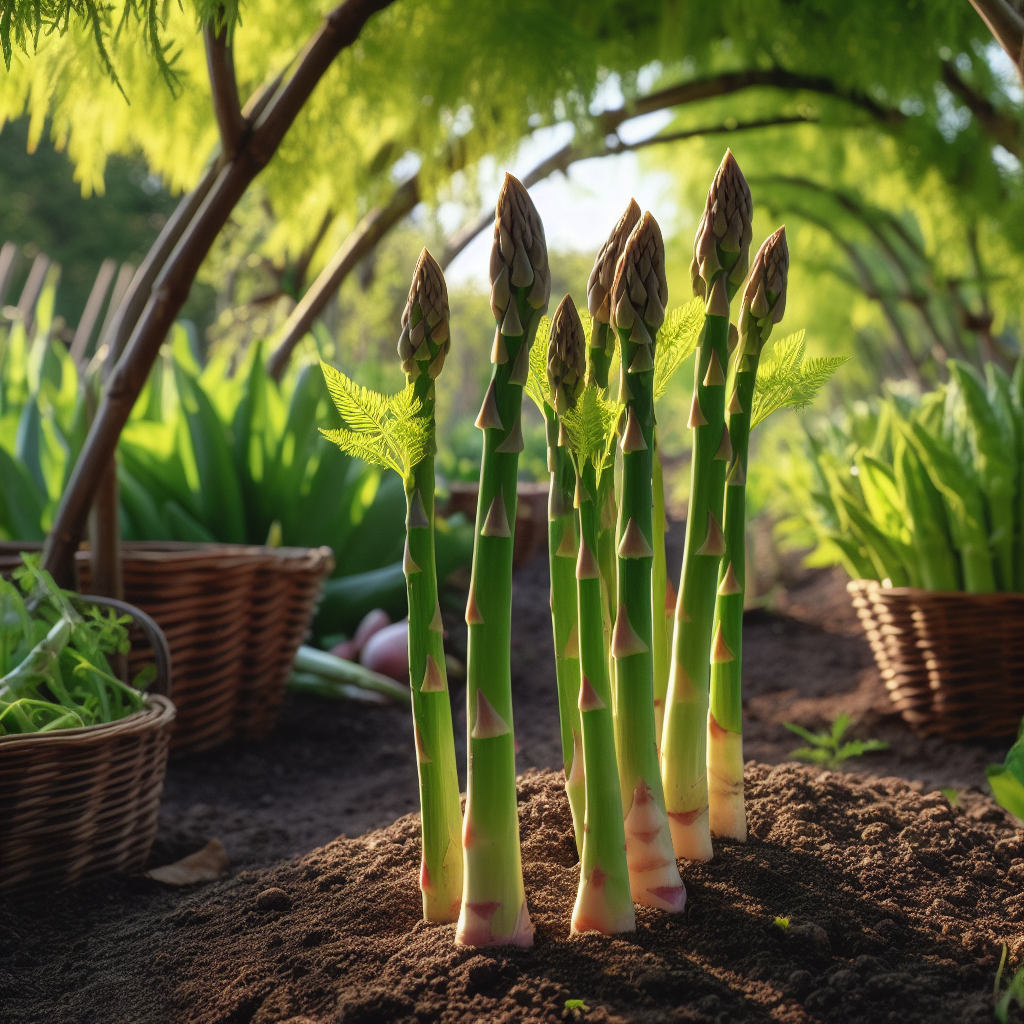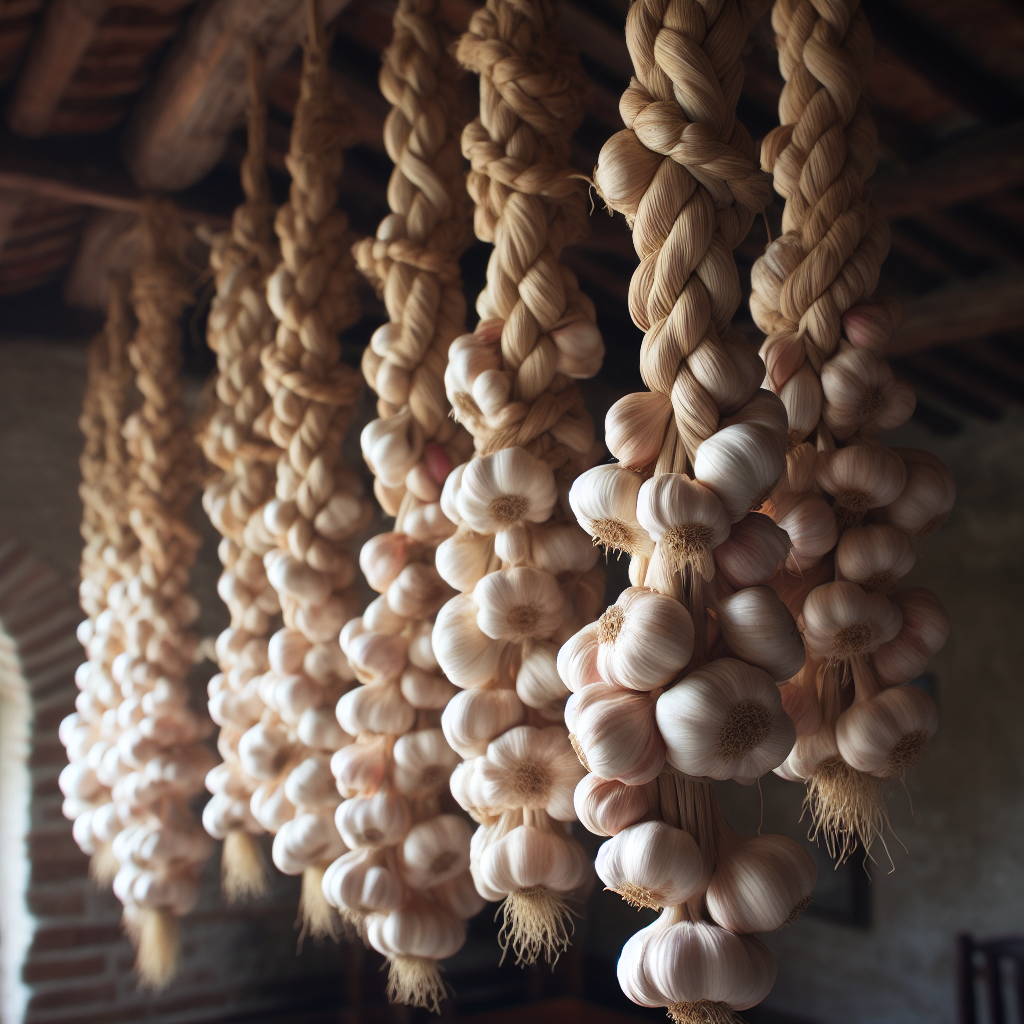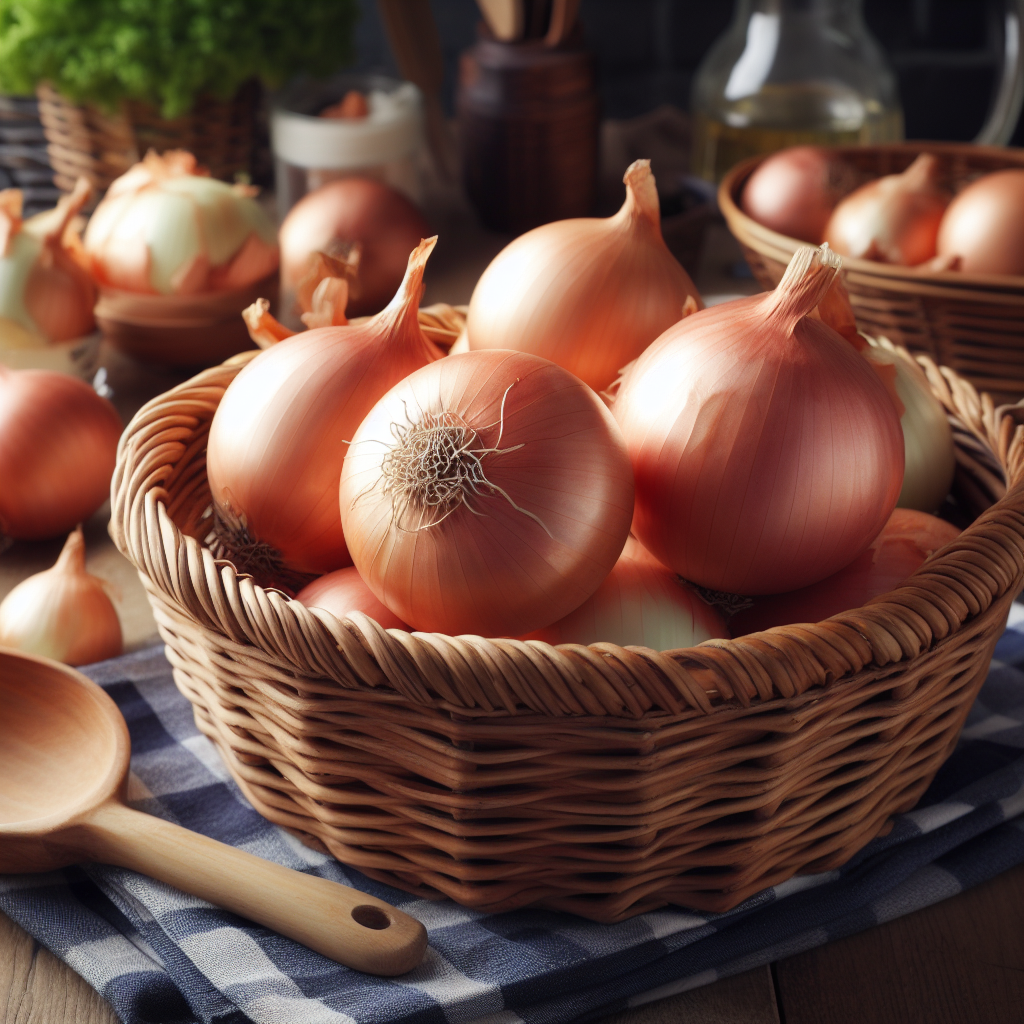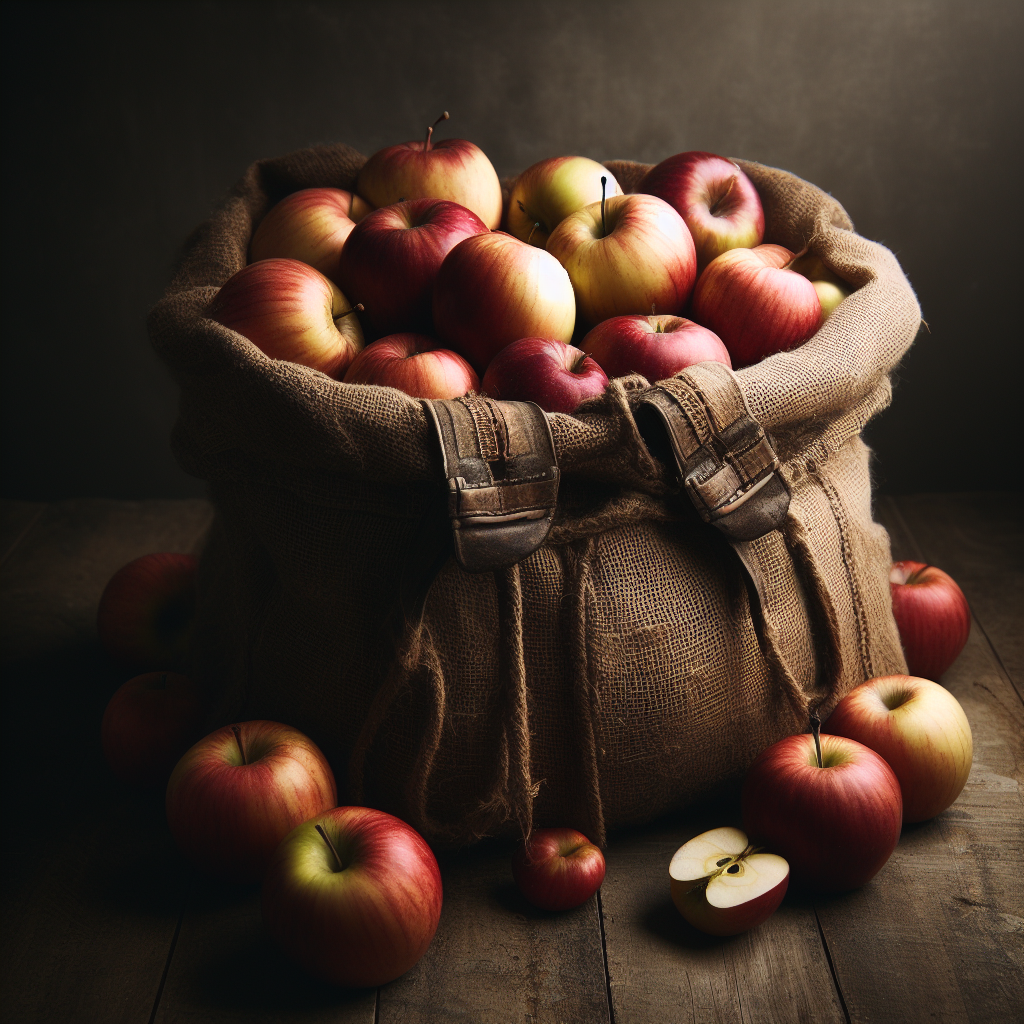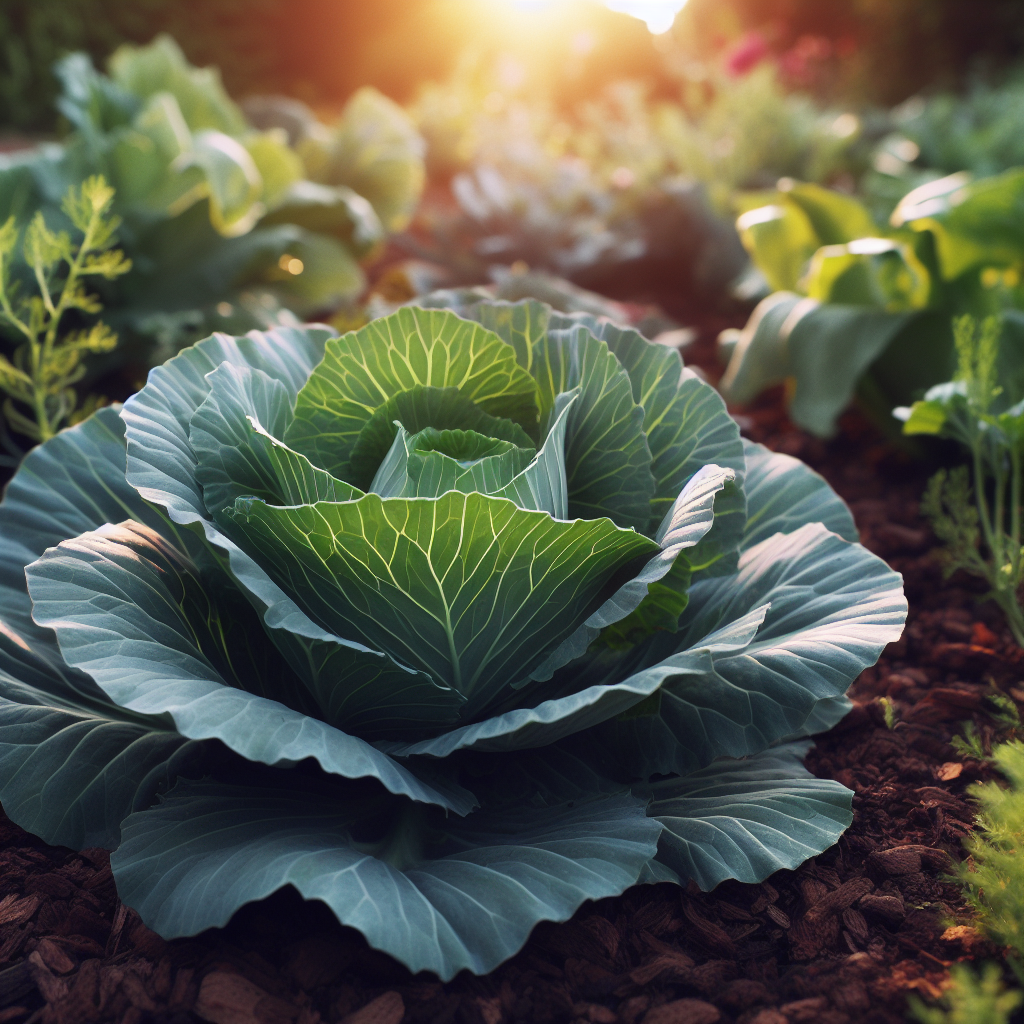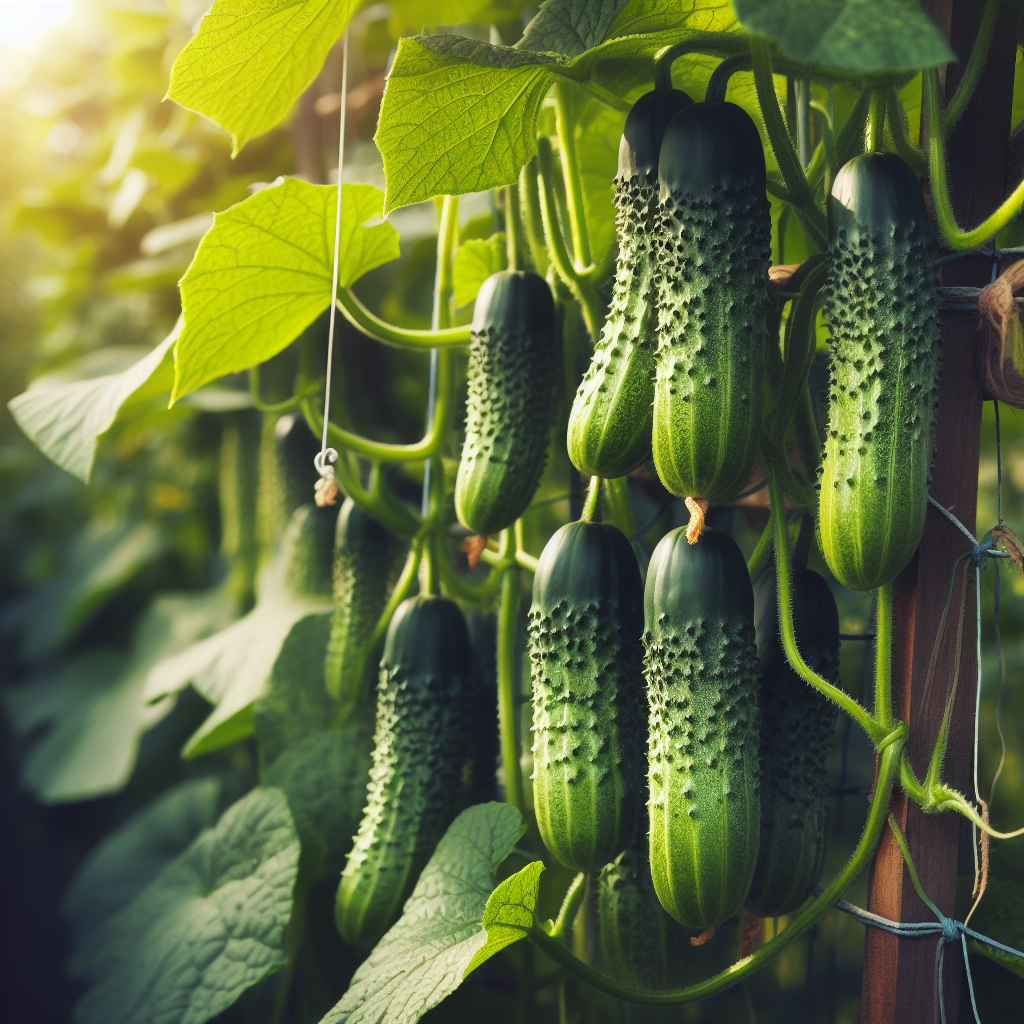Gardening for Gut Health: The Best Probiotic-Boosting Edibles to Grow
Did you know your garden could be the key to boosting your gut health? It's true - certain fruits, veggies, and herbs contain beneficial compounds that promote healthy digestion and microbiome diversity.
The human gut, housing a diverse microbiome, is pivotal for digestion, nutrient absorption, and immune support. Research indicates that gut bacteria balance influences mental health, metabolism, and inflammation levels.
A robust gut microbe community improves digestion, nutrient utilization, and essential vitamin synthesis. The trend towards natural, plant-based solutions for gut health is on the rise.
Let's explore some of the probiotic-producing plants that you can easily grow in your garden to support and enhance your gut health.
Gut Health Benefits: Asparagus is packed with inulin, a prebiotic fiber that feeds good gut bacteria, promoting a diverse and thriving microbiome.
Growing Tips: Asparagus is a perennial plant that prefers well-drained soil and full sunlight. Plant crowns in early spring about 12-18 inches apart in rows. Keep the soil consistently moist.
Garlic
Gut Health Benefits: Garlic is a superstar prebiotic, containing inulin and over 25 different antioxidant compounds, contributing to a robust and balanced gut environment.
Growing Tips: Garlic is typically grown from cloves in the fall. Plant individual cloves with the pointed end up in well-drained soil. Provide adequate sunlight and water. Harvest when the leaves start to yellow.
Onions
Gut Health Benefits: Similar to garlic, onions contain prebiotic inulin. Chopping and letting them sit before consumption activate an antioxidant called quercetin, supporting a healthy gut.
Growing Tips: Onions can be grown from seeds, sets, or transplants. Plant in well-drained soil with good sunlight. Allow for proper spacing, and water consistently. Harvest when the tops have fallen over.
Apples
Gut Health Benefits: The pectin fiber in apples acts as a prebiotic, nourishing beneficial gut bacteria and contributing to improved digestive health.
Growing Tips: Apples are typically grown from grafted trees. Choose a suitable apple variety for your region. Plant in well-drained soil and provide proper spacing. Prune the tree as needed and ensure regular watering.
Jerusalem Artichokes
Gut Health Benefits: These knobby tubers of this flowering plant are packed with inulin, providing a nutty-flavored prebiotic that supports the growth of beneficial microbes in the gut.
Growing Tips: Plant Jerusalem artichoke tubers in well-drained soil in early spring. They tolerate various soil types. Provide ample sunlight, and water consistently. Harvest the tubers when they are mature.
Cabbage
Gut Health Benefits: Sauerkraut, made from fermented cabbage, is rich in probiotics, promoting a healthy gut microbiome and aiding digestion.
Growing Tips: Cabbage is an essential ingredient for sauerkraut. Plant cabbage in well-drained soil with good sunlight. Ensure proper spacing, and water consistently. Harvest when the heads are firm.
Cucumbers
Gut Health Benefits: Pickles, made through the fermentation of cucumbers, are a tasty source of probiotics, contributing to gut health and microbial diversity.
Growing Tips: Cucumbers are perfect for making pickles. Grow them in well-drained soil with plenty of sunlight. Provide support for climbing varieties if needed. Harvest cucumbers when they are small and firm.
Besides these prebiotic superstars, any fresh fruits and veggies you grow boost gut health through their fiber content. So let your garden flourish with a diversity of plants. With homegrown produce, you know exactly what's going into your microbiome! Here's to happy harvesting for a healthy gut.
Related Articles:
20 Plants for Medicinal Herb Gardens
Kale vs. Lettuce: The Showdown of the Greens

